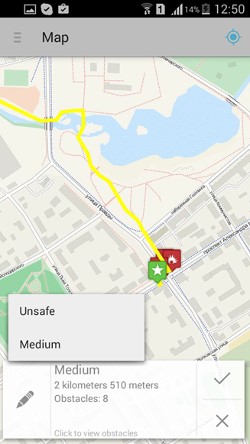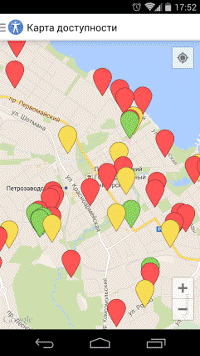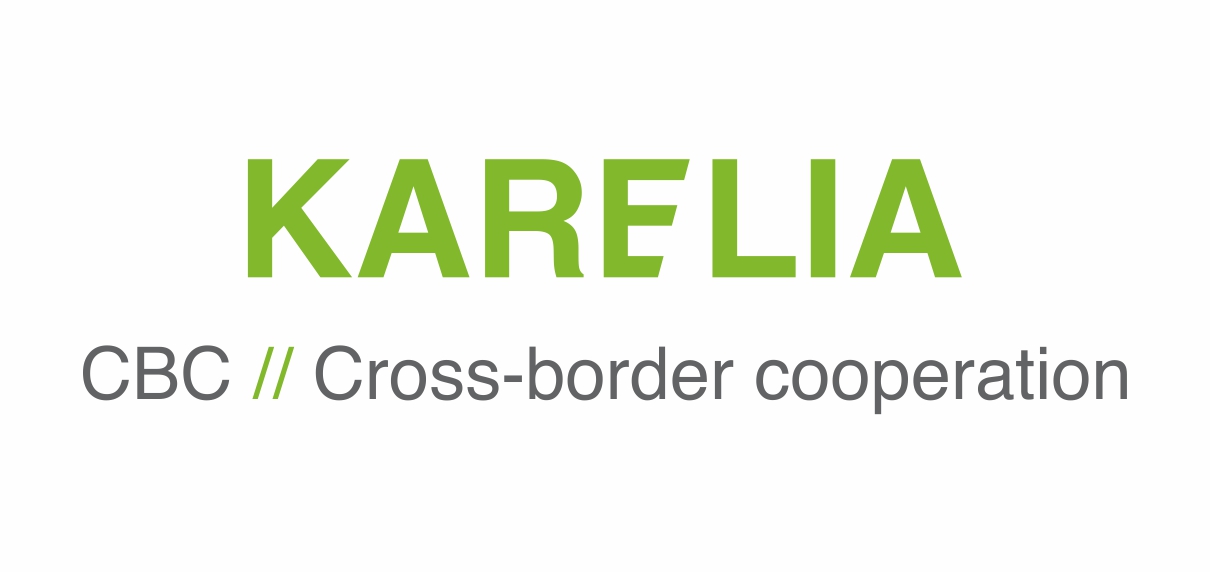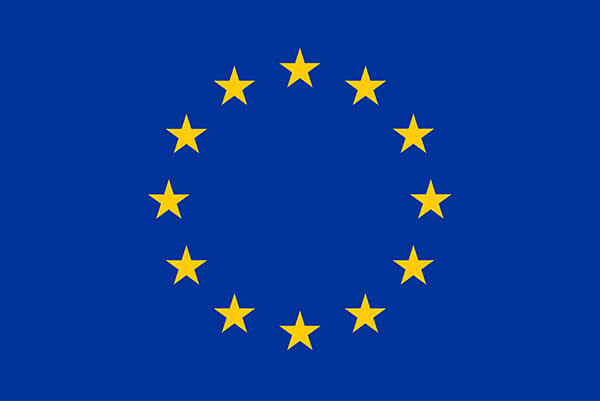"The Journey planner service for disabled people”-project was implemented in the Karelia ENPI CBC Programme during 2013 and 2014. The project aimed to improve the quality of life of disabled people by enhancing their personal mobility and access to multiple support services and by making the Republic of Karelia into an accessible environment.
The main products of the project were the Accessibility Passports, which offer opportunities for local authorities in Karelia to collect information about the accessibility of social infrastructure from the standpoint of disabled people. The collected information is later displayed on the Accessibility Map. Additionally, a Social Navigator-mobile app, which can be found from the Google Play-store, was created as a result of the project. It allows people with disabilities to plan routes to their destinations without restricting their movement or possibilities to reach their destination.


According to Anton Shabaev, the project manager of the “Journey planner service for disabled people” project, the Social Navigator-application is not that popular on its own. The Accessibility Passports, however, are in active use by Ministry of Health and Social Protection of Karelia and they use it in the maintaining and improving of the accessibility of social infrastructure for people with disabilities. “Basic info is filled in, then software analyses it, and based on this data, the authorities make improvement decisions,” Shabaev tells.
The Petrozavodsk State University (PetrSU), who was the lead partner of the project, maintains the Accessibility Passport software tool out of the requisition of the Ministry of Health and Social Protection of Karelia. The ministry collects requests for development and maintenance, which the University then implements to the application and Accessibility Maps.
The funding and the future
After the end of the project, PetrSU actually received, together with the “Petrosino” association of motor-disabled people of Karelia, a grant from the "Karelian support programme for non-profit social organizations", which allowed them to maintain the Social Navigator and Accessibility Passports also after 2014 when the CBC project ended. Anton Shabaev sees that the project results have been in good use with regular updates based on up-to-date demands from the application users. “I expect this use to continue for years in the future,” he hopes.





